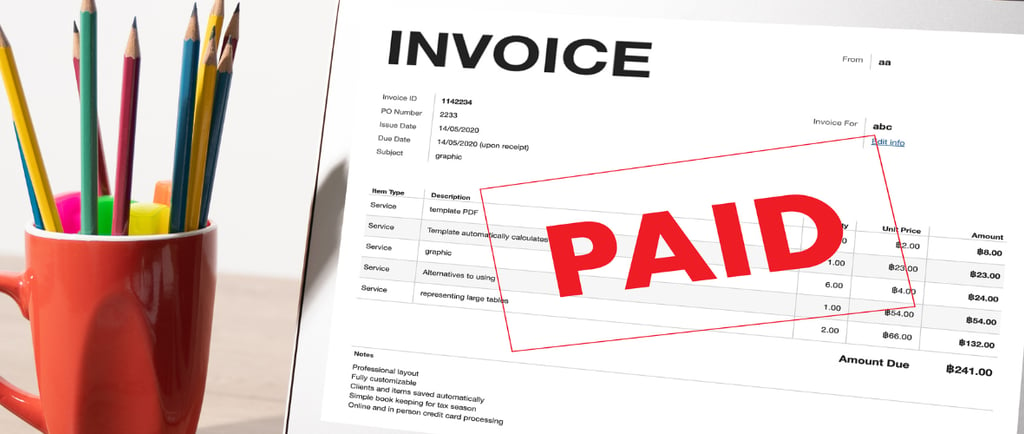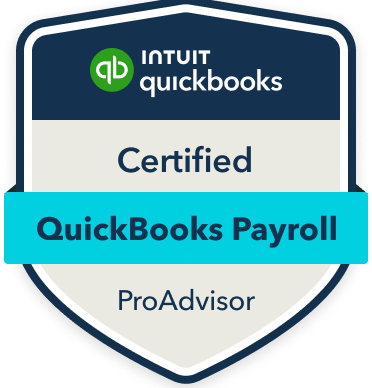How to Get Clients to Pay You on Time
Timely payments are crucial for maintaining a healthy cash flow and ensuring the smooth operation of your business. If late payments are a recurring issue for you, it’s essential to implement strategies that encourage clients to pay their invoices promptly. In this post, we’ll explore effective techniques and best practices to help you get paid on time, every time. From clear payment terms to automated reminders, discover the steps you can take to ensure timely client payments.


How to Get Clients to Pay You on Time: Effective Strategies for Business Owners
One of the most persistent challenges business owners face is ensuring clients pay their invoices on time. Timely payments are crucial for maintaining healthy cash flow and sustaining your business operations. Delayed payments not only disrupt your financial planning but also increase stress and administrative workload. Here are some effective strategies to encourage your clients to pay their invoices promptly.
Establish Clear Payment Terms
Set Expectations Upfront
From the very beginning of your client relationship, ensure that your payment terms are clearly communicated and agreed upon. Include these terms in your contract or agreement and discuss them verbally if needed.
Define Due Dates
Specify exact due dates for payments. Instead of vague terms like “net 30,” use specific dates such as “Payment due by July 31, 2024.”
Early Payment Incentives
Consider offering discounts for early payments. A small percentage off the total invoice can motivate clients to settle their bills sooner.
Invoice Promptly and Accurately
Timely Invoicing
Send invoices as soon as your product or service is delivered. Prompt invoicing increases the likelihood of timely payments.
Accurate and Detailed Invoices
Ensure your invoices are accurate and easy to understand. Include all relevant details, such as itemized charges, due dates, payment methods, and your contact information. An accurate invoice reduces the chances of disputes or delays.
Use Reliable Invoicing Software
Automate Invoicing
Utilize invoicing software to automate the process, sending out invoices immediately upon project completion. Automated reminders can also be set up to notify clients of approaching or past due dates.
Online Payment Options
Provide multiple, convenient payment methods for your clients, such as credit cards, bank transfers, or online payment platforms like PayPal or Stripe. The easier it is for clients to pay, the faster you'll receive your money.
Communicate Effectively
Consistent Follow-Up
If a payment is late, follow up with a friendly reminder promptly. Often, a gentle nudge is all that’s needed. Send reminders through various channels, including email and phone calls, to ensure your message is received.
Personalized Approach
Tailor your communication to the client’s preferences and history. For long-term clients who are typically punctual, a friendly reminder might suffice. For habitual late payers, adopt a firmer tone.
Implement Late Payment Policies
Late Fees
Implement a policy for late fees. Clearly state this policy in your initial contract and on your invoices. Late fees can act as a deterrent against late payments.
Escalation Process
Have a clear escalation process for seriously overdue payments. Start with reminders, followed by more formal communication, and consider involving a collections agency if necessary.
Build Strong Client Relationships
Regular Communication
Maintain open lines of communication with your clients beyond just payment reminders. Building strong, respectful relationships encourages clients to prioritize your invoices.
Professionalism and Consistency
Consistency in your follow-up efforts shows professionalism and seriousness about your payment terms. Always remain polite but firm in your communications.
Review Your Client Agreements
Client Vetting
Before entering into a business relationship, vet potential clients to assess their payment history and reliability. Avoid clients with a history of late or missed payments.
Clear Terms and Conditions
Ensure your contracts and agreements are comprehensive and clear. Including detailed payment terms, late fee policies, and consequences for non-payment helps prevent misunderstandings and disputes.
Ensuring clients pay on time is vital for the financial health of your business. By setting clear terms, using reliable invoicing software, maintaining effective communication, and building strong client relationships, you can significantly increase the likelihood of timely payments. Implement these strategies to create a systematic approach that minimizes late payments and maximizes your cash flow.








